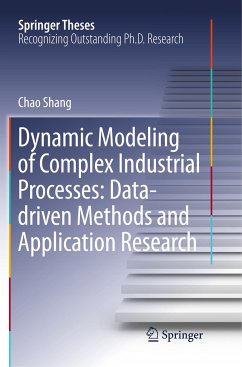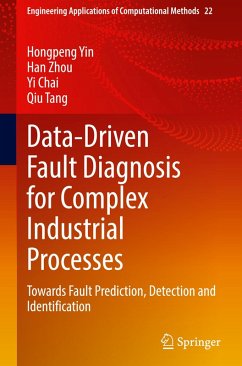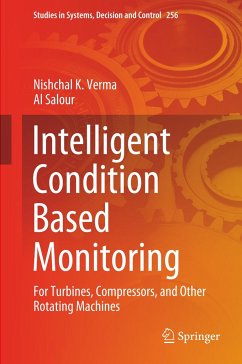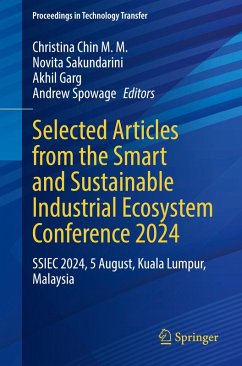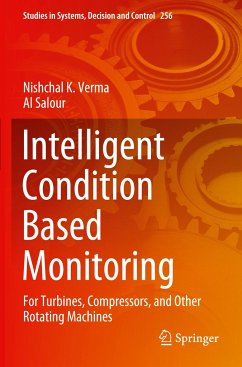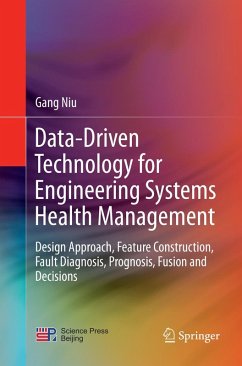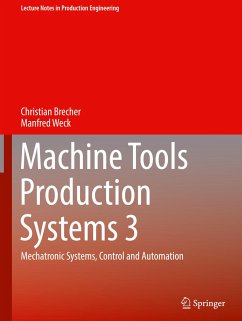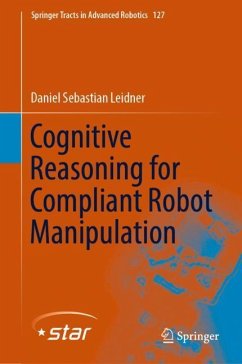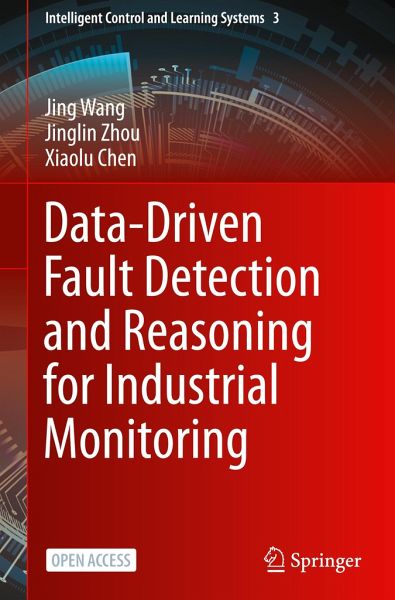
Data-Driven Fault Detection and Reasoning for Industrial Monitoring

PAYBACK Punkte
19 °P sammeln!
This open access book assesses the potential of data-driven methods in industrial process monitoring engineering. The process modeling, fault detection, classification, isolation, and reasoning are studied in detail. These methods can be used to improve the safety and reliability of industrial processes. Fault diagnosis, including fault detection and reasoning, has attracted engineers and scientists from various fields such as control, machinery, mathematics, and automation engineering. Combining the diagnosis algorithms and application cases, this book establishes a basic framework for this t...
This open access book assesses the potential of data-driven methods in industrial process monitoring engineering. The process modeling, fault detection, classification, isolation, and reasoning are studied in detail. These methods can be used to improve the safety and reliability of industrial processes. Fault diagnosis, including fault detection and reasoning, has attracted engineers and scientists from various fields such as control, machinery, mathematics, and automation engineering. Combining the diagnosis algorithms and application cases, this book establishes a basic framework for this topic and implements various statistical analysis methods for process monitoring. This book is intended for senior undergraduate and graduate students who are interested in fault diagnosis technology, researchers investigating automation and industrial security, professional practitioners and engineers working on engineering modeling and data processing applications.
This is an open access book.
This is an open access book.





